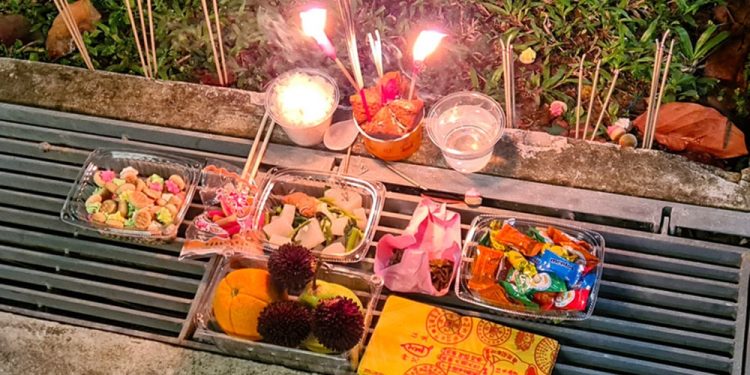
Spirit Festival
The Spirit Festival is a traditional Buddhist and Taoist festival observed in China and other East Asian countries. It is observed on the 15th night of the seventh month of the Chinese Lunisolar Calendar, which usually falls in August on the Gregorian Calendar, although some years it occurs in September.
This holiday takes place during Ghost Month and is also known as the Zhongyuan Festival. It is a time when the wrath of the ghosts of a person’s ancestors is avoided by performing certain rituals. These rituals absolve and transmute the suffering of the dead so they will not seek vengeance on the living.
The History of the Spirit Festival in China
Modern Spirit Festival celebrations originate from ancient Taoist rituals that began during the Tang Dynasty and have been fused with Buddhist traditions from Ancient India. According to Taoism, the gates of hell open on the first day of the seventh month, releasing hungry ghosts who seek food and revenge on those who have behaved badly throughout the year.
Observing the Spirit Festival in China
Because of the tradition of offering plates of food to the “hungry” dead, this holiday is sometimes referred to as the Hungry Ghost Festival. It coincides with the new season, the fall harvest, and the full moon. During Ghost Month, hungry ghosts with needle-like necks, which make it difficult for them to eat, are released from hell. Their suffering can be alleviated by their relatives leaving out food for them.
Another common tradition is for people to burn paper effigies of items their ancestors might need in the afterlife. This includes “Hell Notes,” a form of currency for the dead, as well as paper cars, servants, and even televisions. Additionally, a variety of Buddhist and Taoist religious ceremonies are performed on this day and throughout Ghost Month.








